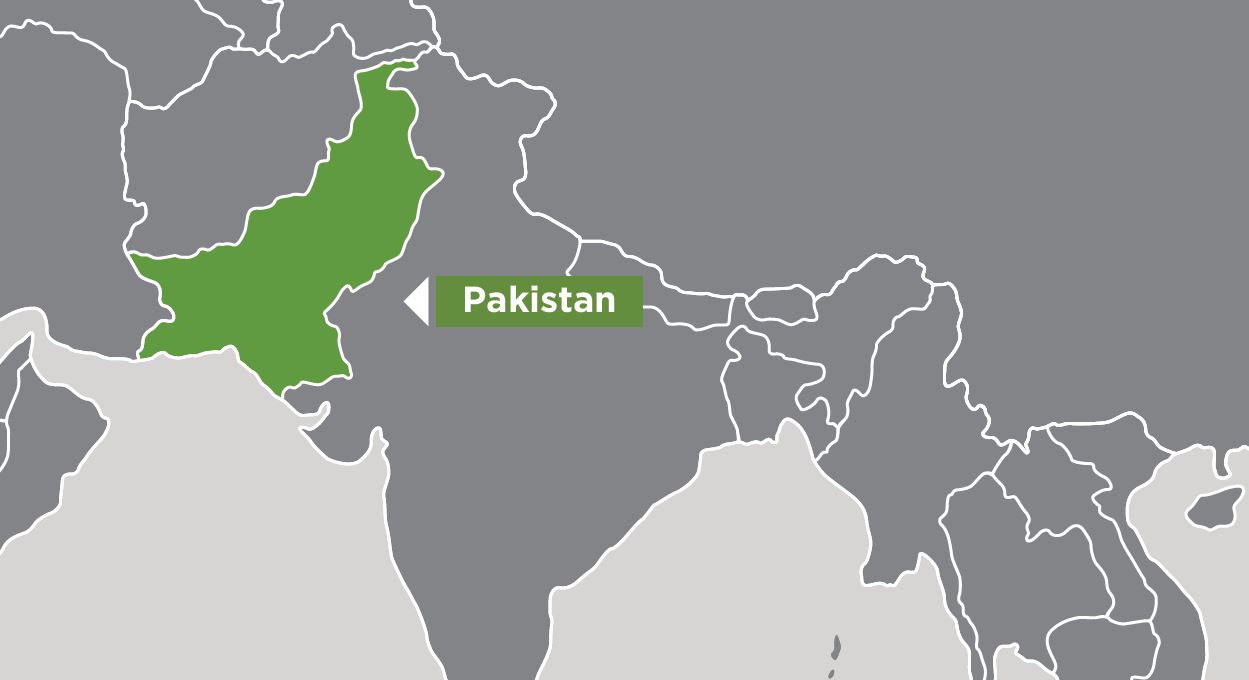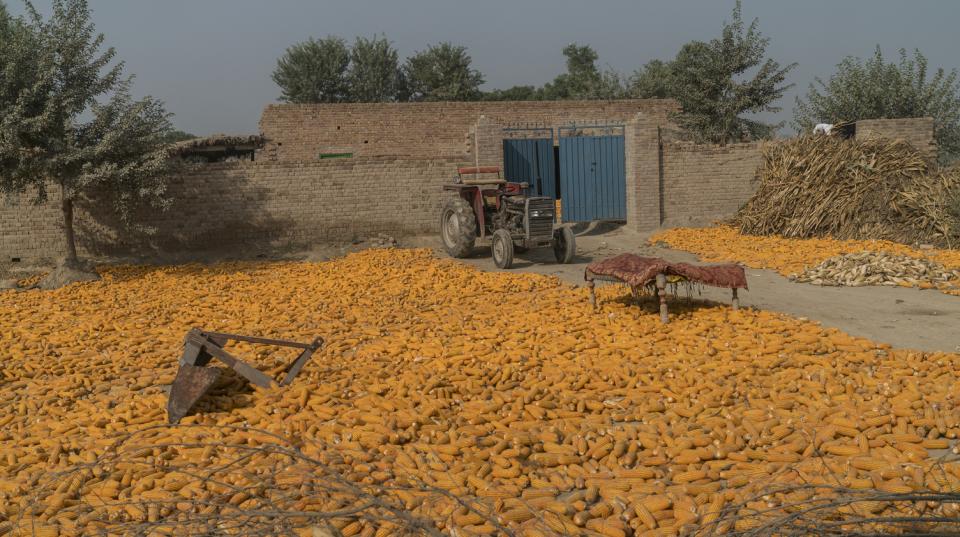Overview
This project aimed to strengthen the value chains of four vegetable crops (onions, potatoes, tomatoes and chillies) in Pakistan using a community-based approach.
The production and marketing of vegetables is an important component of rural industry in Pakistan and can improve the economic wellbeing and nutrition of those living in poverty.
The rural poor, particularly women and youth, are disadvantaged and unable to participate effectively in existing vegetable value chains. This is due to constraints that include: a lack of standardised production technologies; the absence of post-harvest handling infrastructure and protocols; a lack of awareness of marketing options; obstacles to financial support and technical and business knowledge; and a host of social and cultural barriers.
This project is part of the Agriculture Value Chain Collaborative Research Program (AVCCR), which has the goal of seeing the rural poor, particularly women, living in the Punjab and Sindh benefiting from improvements in strategically selected agricultural value chains.
Project outcomes
- Increased capacity and incomes of farming families, traders and intermediaries in vegetable value chains.
- Improved household income and livelihoods of resource-poor communities.
- Empowered rural women and youth through value chain improvements.
- Strengthened women and youth groups involved in value chains, who are enabled to source and finance inputs; adopt improved crop management, harvest and postharvest practices; engage in value-adding activities; identify market opportunities and risks; and market fresh and processed commodities.
- Increased availability of high-quality, safe and fresh vegetables.







